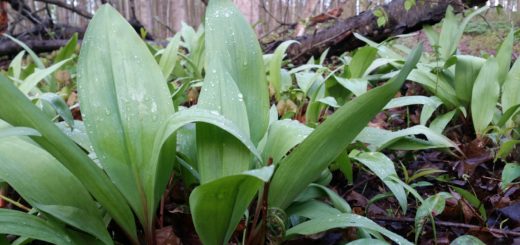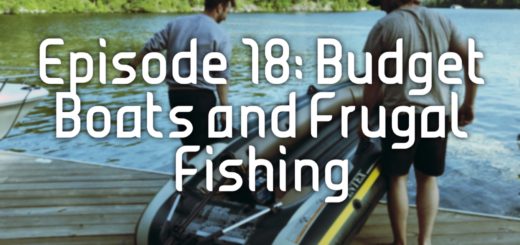Preserve Hunting and Angling in Three Easy Steps
Any of these options takes five minutes and is important advocacy for the heritage activities we love.
Why take the time? Reality check: hunters and anglers are in the minority in North America. We rely on the social license of non-hunters, whether we like it or not. Such is a democracy. So how do you preserve hunting and angling? Try three things that take nearly no effort:
1. Focus on Food
Living in an urban centre, I talk hunting and fishing with non-hunters all the time. What is it that piques their interest and brings them into the discussion with an open mind?
Food.
Sadly, a common question I get from non-hunters is: “so do you, like, eat the meat”? Many people in urban centres labour under the misapprehension that hunting is just “for the antlers” or worse, for the fun of killing. This is partly the fault of traditional hunting media’s excessive focus on kill shots and “grip and grins” without context. It is up to us as hunters and anglers to provide that context.
Explain how preparing and consuming a hunted animal is an integral and essential part of the hunt (and of respecting that animal). Explain the importance of taking responsibility for your meat, the strong ethical drive of hunters to provide a clean death, and the organic and free-range nature of the meat. Tell them about the recipes you’ve used.
People are beginning to care more and more about where their food comes from. Speaking the language of food gives depth to an activity that many, unfortunately, regard as shallow so-called “trophy hunting”. I don’t know any hunters for whom the eating of the animal is not important. Make sure to make that importance clear when you talk about what you do and why you do it.
2. Discuss Conservation
Many people are ignorant of the critical role hunters played in creating the North American Model of wildlife management. It is the reason we have wild game animal populations today. Explain this to non-hunters or non-anglers when these activities are discussed.
If you don’t know about this topic, now is a great time to educate yourself. The reality is that hunters and anglers have a proud history of promoting conservation here in North America. Our license fees go direct to conservation, hunter organisations (like Ducks Unlimited) do fantastic work preserving habitat and our observations in the field are important tools for wildlife management. This work benefits all outdoors enthusiasts, not just hunters and anglers.
It is a common mistake to view hunters and anglers as adverse to nature or as “takers” only. Nothing could be further from the truth. Hunters benefit from (and promote) healthy animal populations, intact and abundant habitat and an understanding and respect for wild animals and science-based management. We owe it to ourselves to make this point clear.
3. Join a Local Hunting and Angling Federation or Club
This really needs no elaboration. Collective action is powerful action. Local hunting and fishing organisations like the Ontario Federation of Anglers and Hunters here in Ontario do critical work like monitoring legislation, considering biological data in the interests of conservation, and advocating for the rights of hunters and anglers to keep doing what they do.
Memberships in these organisations are relatively inexpensive, and there are a number of different options suited to particular hunting interests.



